|
Dalit women and girls in India face a ‘triple burden’ of gender bias, caste discrimination and economic deprivation. We work with our partners to break the cycle of discrimination and ensure that Dalit girls are not sidelined from education and that Dalit women are able to realise their rights. Find out how... Dalit women comprise about 16% of India's female population, and face a ‘triple burden’ of gender bias, caste discrimination and economic deprivation. Dr Suraj Yenge, author of Caste Matters, says "The Dalit female belongs to the most oppressed group in the world." and UNICEF report that Dalit girls are the most excluded from primary school through a combination of social inequality and poverty. Children on the Edge and our partners in India, NESWSD work to break the pattern of girls being sidelined from education in Patna, Bihar State. We actively prioritise the needs and rights of girls to learn, flourish, and develop their aspirations for the future within our 31 learning centres, which offer safe spaces where girls can learn, free from discrimination. All 31 learning centres work hard to promote equality among girls and boys. They ensure that there are a higher number of female students within the learning centres to address the 'triple burden' of discrimination that Dalit girls face. Recently, 695 children from the centres celebrated The Day of the Girl, to recognise and promote equality for girls, in what Renji Joseph from our partner organisation describes as “the highly son preferring society that is Bihar State”. The celebration provided an opportunity for hundreds of girls to demonstrate their talents to other children and parents, and have a platform to grow in their organisational and leadership capacities. We invest in our teachers to help them develop their skills and interests; this not only benefits the teachers themselves but also helps to inspire the children. Many of the teachers working at our Learning Centres are Dalits from the village and slums in the programme area, and, as such, have not always had opportunities to learn and develop their skills and abilities as much as they deserve, so we try to address this. Ansu Kumari is 22 years old and teachers at one of our learning centres. She told us: “I was a shy girl and was fearful about whether I would be a good teacher or not. Slowly I gained confidence though, and I realised the talents within me, and began to use those talents for teaching my children. The training given to me by NESWSD helped me to learn teaching methodology, develop myself as a trainer and motivated me to take on further study. Now I am a good teacher and a good trainer. I have also completed an honours degree in Psychology. I shall continue to teach, whilst pursuing my Psychology Masters. All the young teachers like me are still learning and we are so happy that we have the opportunity to serve other children in our localities”. Our female teachers act as role models and show the girls at our learning centres what is possible. Teachers encourage them to be ambitious with what they want to achieve in life.
Teachers also work with parents to break the cycle of discrimination, especially with mothers who have known no different in their own childhoods.
We encourage girls to continue their education into secondary level, helping to greatly improve life chances and provide further protection from child marriage and child labour for Dalit children. It is extremely rare for Dalit children to obtain a secondary education, so our NIOS (National Institute of Open Schooling) programme aims to change this. This support programme for older children who graduate from our learning centres but can't access state secondary schools, helps girls (and boys) prepare for formal Grade 8, 10 and 12 exams, giving them the credentials needed to apply to college or university. he programme has so far had great success in encouraging girls to continue their education in the Round Table Nagar community. Arti and Usha are two regular NIOS learners who began to talk to other girls in their area about the programme. Their friends were interested to learn but were already engaged in daily wage work, making the school schedules difficult for them. With some negotiation and flexible timings arranged, three more girls from the area have begun to attend the NIOS Centre, which gives the opportunity to finish their secondary exams and opens up the possibility of higher education.
I am so happy that I got the opportunity to continue my studies and I was also able to do some great activities with the Child Parliament that have benefited the children in my village. As a result of our engagement with the government school and local administrations, we were able to establish a hand-pump in the school premises so children can access clean drinking water. Though I wanted to start high school, my family could not afford to support me, and the recent outbreak of COVID 19 has worsened their economic condition still further for two years now. NESWSD (Children on the Edge partner organisation in India) decided to link me to a local organisation who provided a one-time grant to pay for me to enrol in a local school. I am now feeling so happy that I will be able to do my matric level studies and look forward to a good career. We also support 84 local women's groups in India, which serve to help us inform the community about their rights and give them the tools they need to practice self-determination and create better lives.
These groups support each other with shared savings and small business loans and are supported to apply for and access government schemes and benefits. They also learn to campaign for their rights and receive training on how to create a protective environment for their children. Women’s group members recently had training on nutrition and how to maintain healthy diets. Practical information was given as to where families can source easily available and affordable sources of nutrition, even when facing loss of livelihoods and the uncertainty raised by Covid-19. The women’s group leaders were also given life skills training including saving, investment and other everyday skills which can then be passed on to group members. Other members also facilitated some training for community members on mother and child health issues, after being trained themselves. These women have now become a respected source of knowledge on these matters in their communities and many women shared how looking after their health and that of their children had become a lower priority in this season of severe poverty. Support usComments are closed.
|
RECEIVE OUR EMAILSBlog Categories
All
Archives
July 2024
|
|
JOIN US ON SOCIAL MEDIA
|
Annual Report | Contact Us | Jobs | Media Centre | Resources | Shop
Accessibility & Policies: Accessibility | Equity, Diversity & Inclusion Policy | Complaints| Privacy Policy | Safeguarding
Accessibility & Policies: Accessibility | Equity, Diversity & Inclusion Policy | Complaints| Privacy Policy | Safeguarding
Children on the Edge, 5 The Victoria, 25 St Pancras, Chichester, West Sussex, PO19 7LT, UK | 01243 538530 | [email protected]


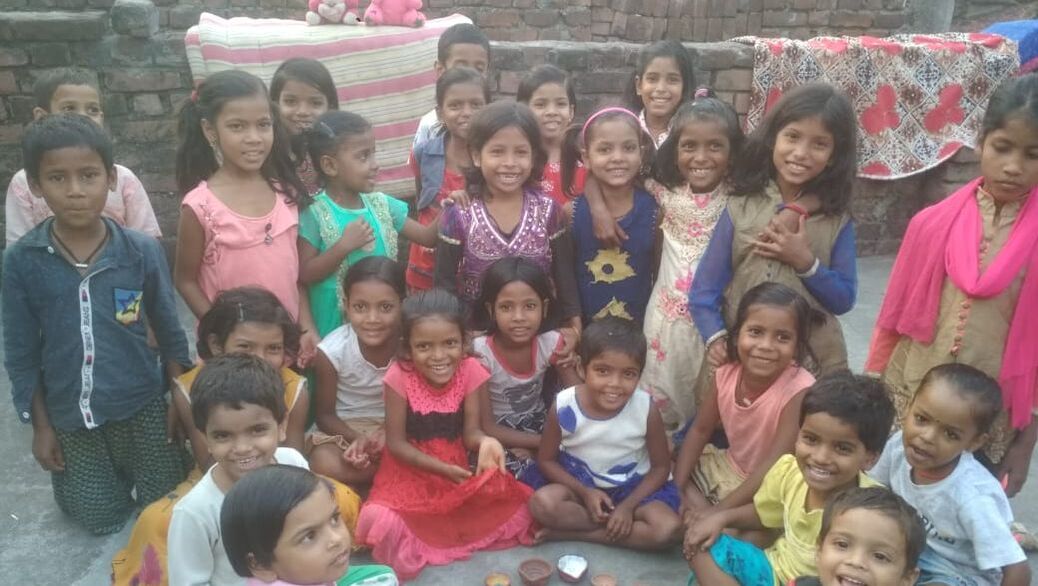
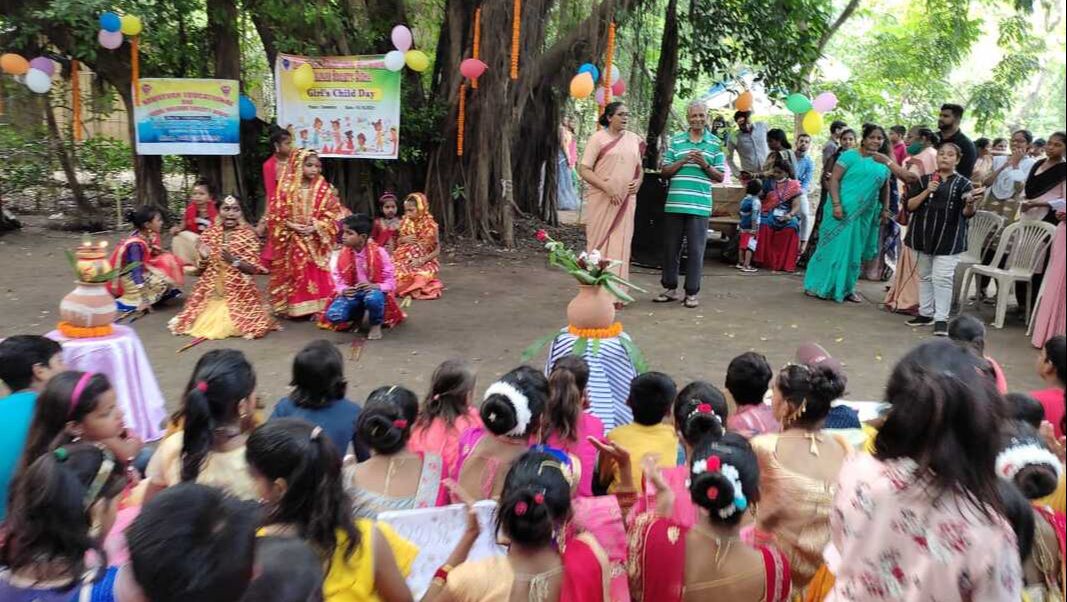
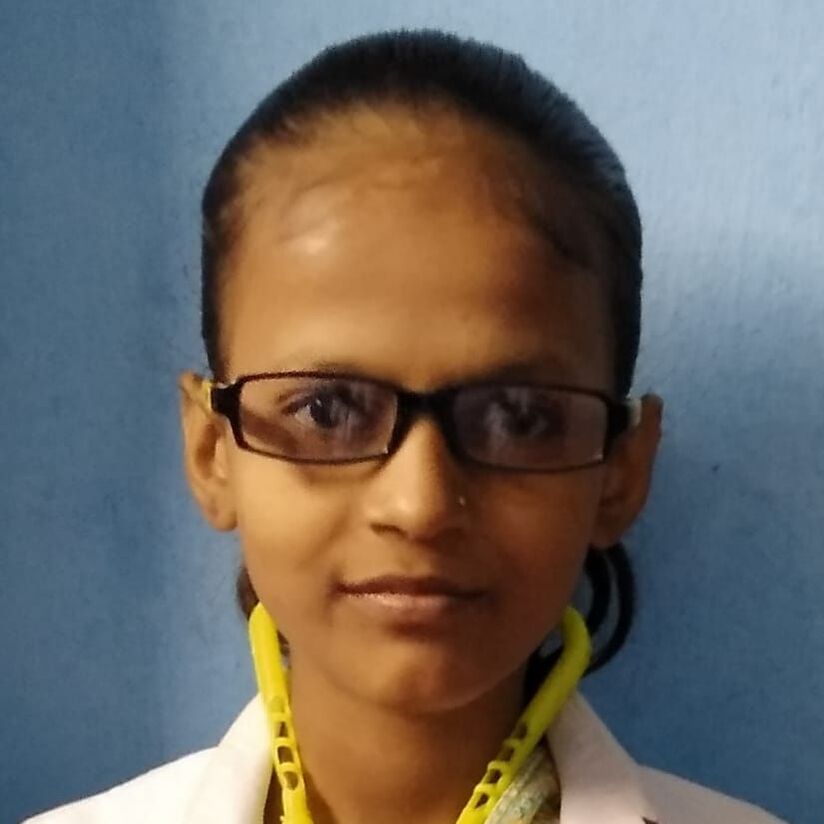
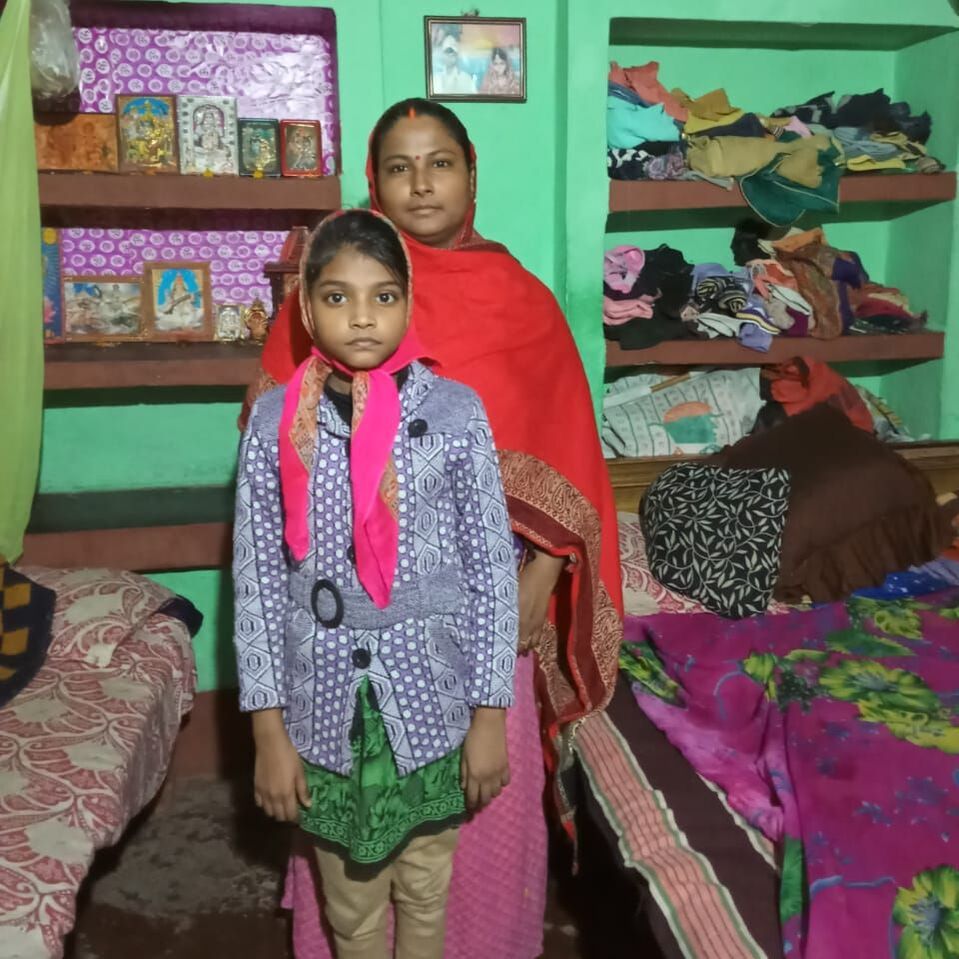

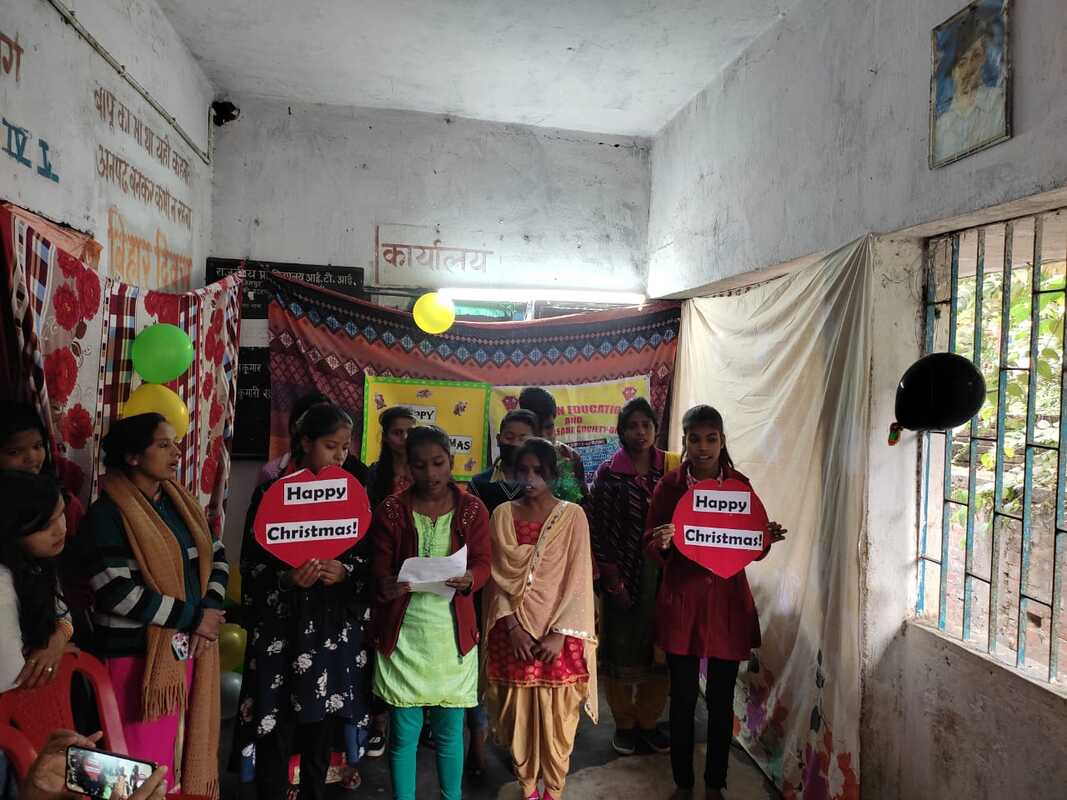
 Give monthly
Give monthly Fundraise for us
Fundraise for us RSS Feed
RSS Feed
